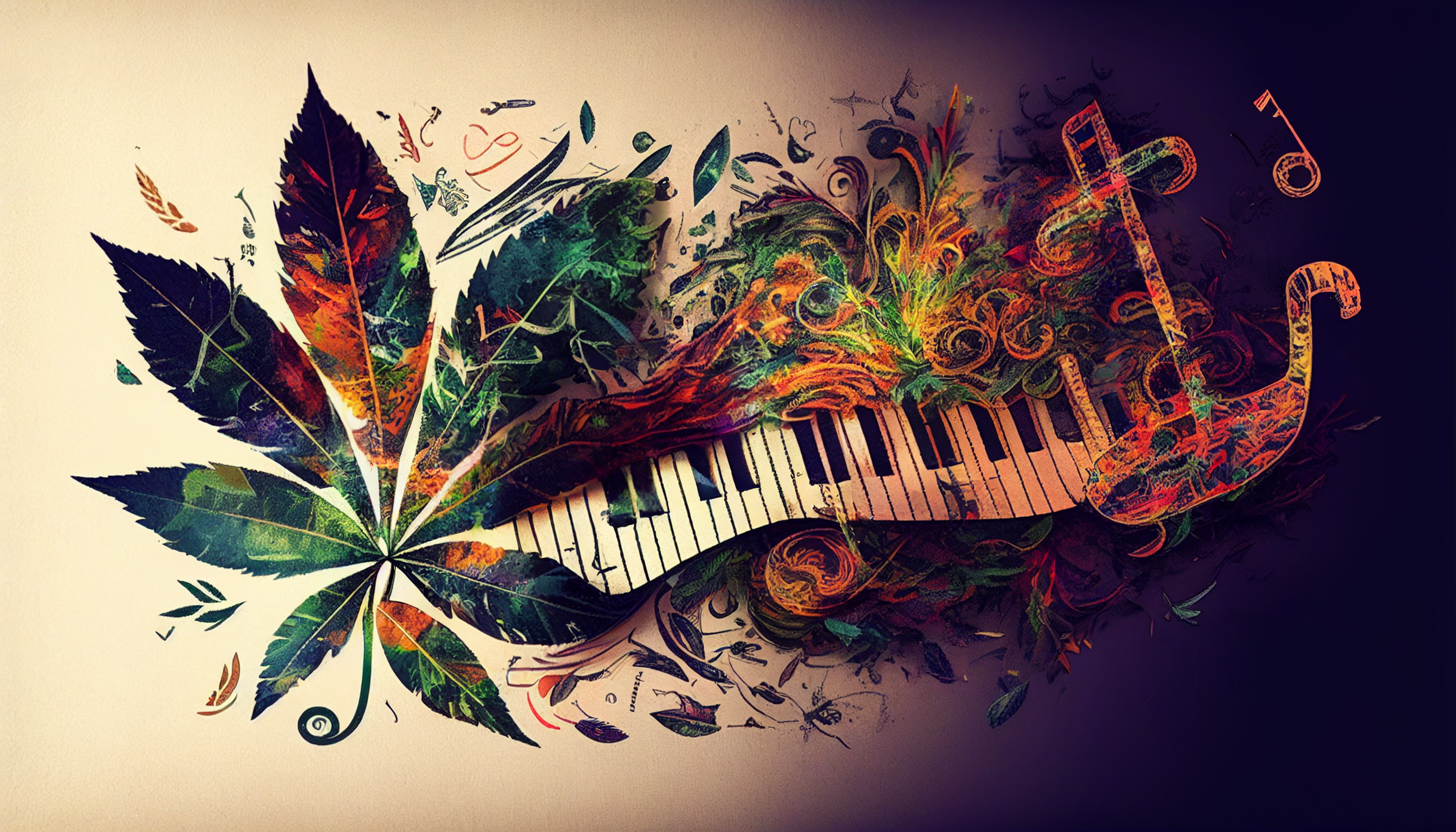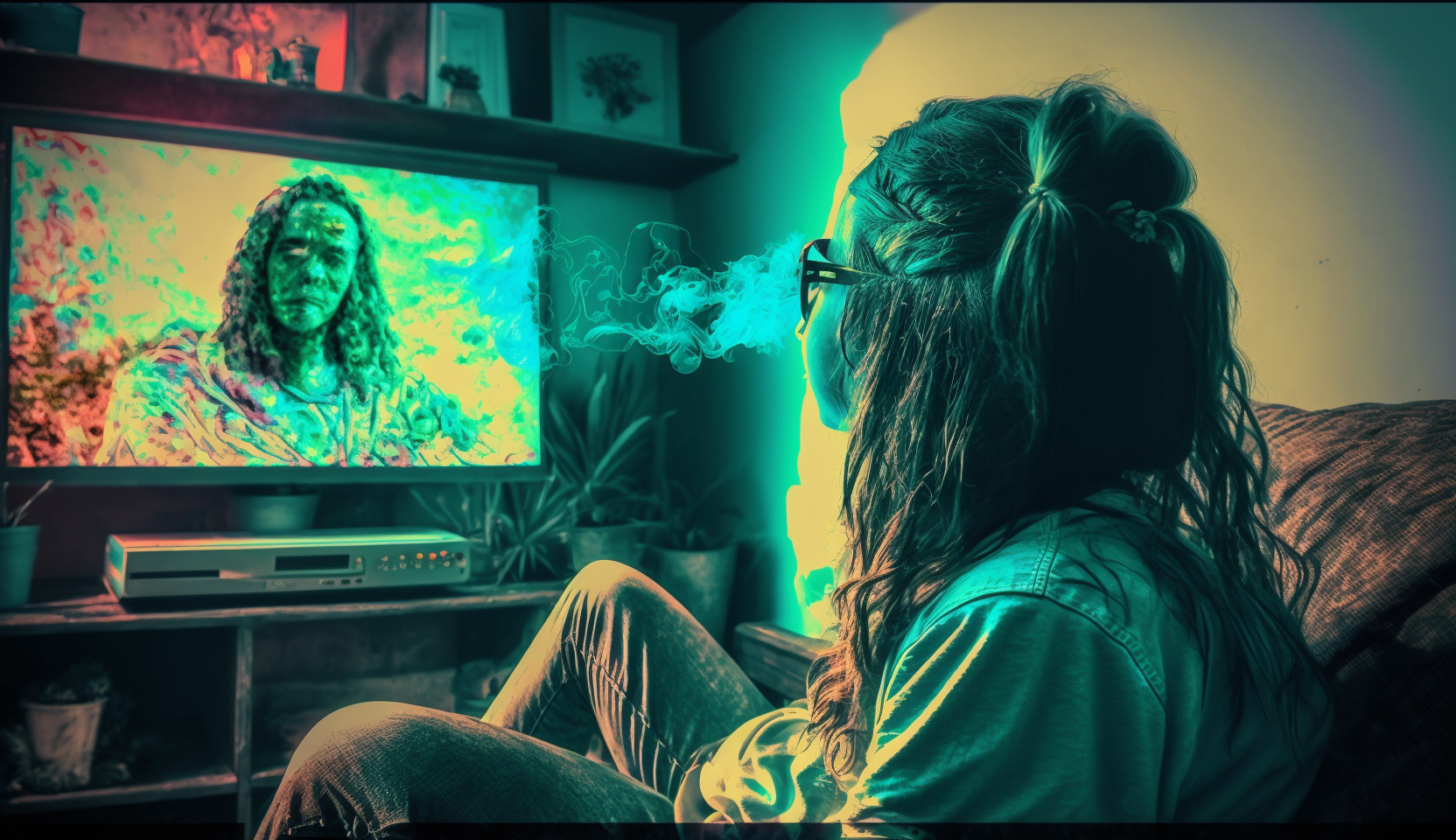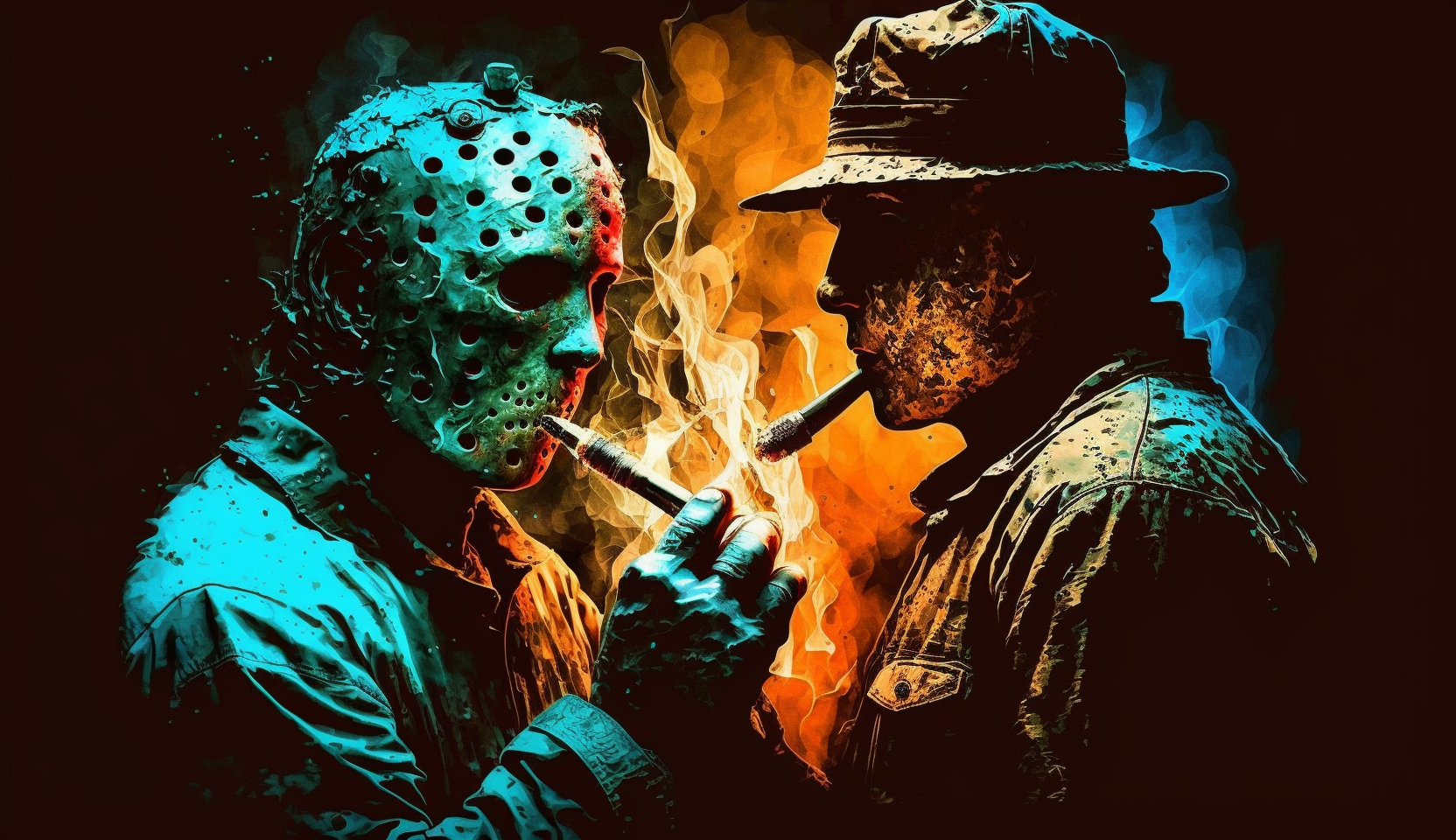In my last article, we explored the early artists that publicly identified as pot-smokers. In this article we’ll move forward in time to consider the next wave of herb-loving musicians.
The sixties and seventies are easily identifiable as an age where rock n roll reigned supreme, but at the same time many artists of different genres were also rising to fame. Artists like Peter Tosh and Bob Marley were publicly discussing their love for cannabis and praising its’ medicinal properties long before anyone got their MMID.
The influence of cannabis on rock music largely retreated in the 1970s, though marijuana remained a common theme in Caribbean music styles like reggae and dancehall. Beyond his influence on reggae and ska, Bob Marley was one of the most prolific advocates for cannabis of his time.
It’s no surprise that as Bob Marley popularized reggae on a global level he also helped usher in a new age of musicians that openly discussed their marijuana use. But it took some time for Marley’s impact to truly bring forth the next generation of cannabis-loving musicians.
Marijuana usage was almost retro, and even though people still did it regularly, it wasn’t trendy, and wearing a pot leaf T-shirt was the easiest way to brand yourself a “stoner loser.” In the suburbs during the ‘80s, weed culture was again associated with a dying breed of hippies and denim clad heavy metal kids. The minor exception would be the crossover of reggae culture, primarily linked to the popularity of Bob Marley.
With the eighties a strange dichotomy emerged; the war on drugs was raging and yet societal acceptance of marijuana use was on the rise. Popular music and movies depicted pot-smoking with increasing frequency which I can only assume had an effective yet slow-moving normalization effect (because I mean look where we ended up). And yet the eighties were a time where very few artists spoke about their marijuana use and very few portrayed it as a key aspect of their identity. The Beastie Boys and a few others stand as the musicians that even mentioned weed in their music during the height of the “Just say no” movement.
It seems that after the hippy era weed culture momentarily lost its’ trendy quality only re-emerge with Bob Marley as a clear figurehead (albeit posthumously). Alongside the echoes of Marley’s influence came new artists that blatantly flaunted their enthusiasm for marijuana.
In 1991 Cypress Hill emerged with their self-titled debut and irrevocably changed the landscape. They proudly displayed a pot leaf on their LP and celebrated hits from the bong. It was Cypress Hill that seems to have pioneered weed’s nineties renaissance, unbelievably Dr. Dre’s The Chronic was not released until the following year (1992):
Cypress Hill’s debut remains a watershed moment in shifting the perspective of pot, but The Chronic and its six million-plus sales in the United States has effectively made it the Sgt. Pepper’s of stoned hip-hop.
The Chronic effectively shaped all that came after, simultaneously reflecting culture and shaping it. In essence, the early nineties were a time where society was ready to be free of the “just say no movement” and Dr. Dre had the prescription (and musical brilliance). But anyone that was paying attention at the time could see that it was as much about branding as it was about the music. The pot leaf soon became a branding behemoth in its own right, prominently featured on clothing, posters, jewelry and any other kind of paraphernalia you can print something on.
With the ever-growing integration of weed into popular culture it also became an important attribute of the mainstream popularity of music styles like ska and pop punk. Sublime essentially made their name based on their love of marijuana, creating various anthems for pot-heads everywhere (most notably Smoke Two Joints of course).
Unlike after the hippy era, it seems our love of the beautiful herb hasn’t waned at all. Afroman had a massive hit with the fun satire “Because I got High” and Sean Paul got people twerking with “We be Burnin.”
Perhaps the difference is that in a post-legalizatiin world we just don’t see it as the big-deal it once was. Weed no longer carries that same sense of rebellion it once had, but it seems it just doesn’t really need to anymore.
I doubt college students today perceive smoking weed as the act of rebellion it once was. One could even argue weed culture has become mainstream because it has been so commonly adopted.
Modern musicians like Lana Del Ray and even former pop hero Justin Bieber proudly proclaim their enthusiasm for the bud, but it’s not a huge part of either artist’s persona. Cannabis use just doesn’t make headlines like it used to and it certainly doesn’t seem to define artists like it used to. But there does seem to be a sort of legacy factor to the musicians with marijuana as part of their persona equation.
Ever-present since the early nineties is one of the most enduring stoner musicians: Snoop Dogg. He has essentially made a decades long career out if being a pothead. Snoop even has the gravitas to lend “cool factor” to other celebrities and brands. The lasting popularity of Snoop and his folk compatriot Wille Nelson are a testament to the charismatic nature of the lovable stoner musician.
Why are musicians with pot as a main part of their identity so inviting to us? Why is it the common denominator amongst many of our most-loved artists? There’s been some work done on this, it’s been studied. There are numerous articles talking about how marijuana effects our sense of time and language. But doesn’t it all really come down to the invitation pot extends to us? An invitation that says “come on, try out this new perspective, relax and just really let it wash over you…please man?” Now imagine that many, many people are accepting that same invitation, how could we not be enticed? When musicians align themselves with marijuana in a public fashion they are inviting us to see the world differently and to see it with a community, a tribe of others that heed that same calling. There’s a magic to that kind of unity and perhaps that’s what Bob Marley really meant by “One Love.”
Marijuana Musicians Playlist #2:
- Peter Tosh – Legalize It
- Weezer – Hashpipe
- Beastie Boys – The New Style
- Cypress Hill – Phunky Feel One
- Sublime – Smoke two Joints
- Justin Bieber – Peaches
- Black Sabbath – Sweet Leaf
- Bob Marley – Punky Reggae Party
- Dr Dre – Nuthin But A G Thang
- Primal Scream – Medication
- Manu Chao – Merry Blues
- Ben Harper – Burn One Down
- Snoop Dogg – Gin and juice
- Bon Marley – One Love
Sources
Russel Cronin, History of Music and Marijuana Part 1, https://www.cannabisculture.com/content/2004/09/08/3434/, 2004
Joe Daher, How Marijuana has influenced modern music, https://www.thedartmouth.com/article/2022/04/trends-how-marijuana-has-influenced-modern-music, 2022
Anthony Pappalardo, A History for the Blunted: How weed culture evolved through hip hop
https://www.highsnobiety.com/p/marijuana-hip-hop-culture, 2023



